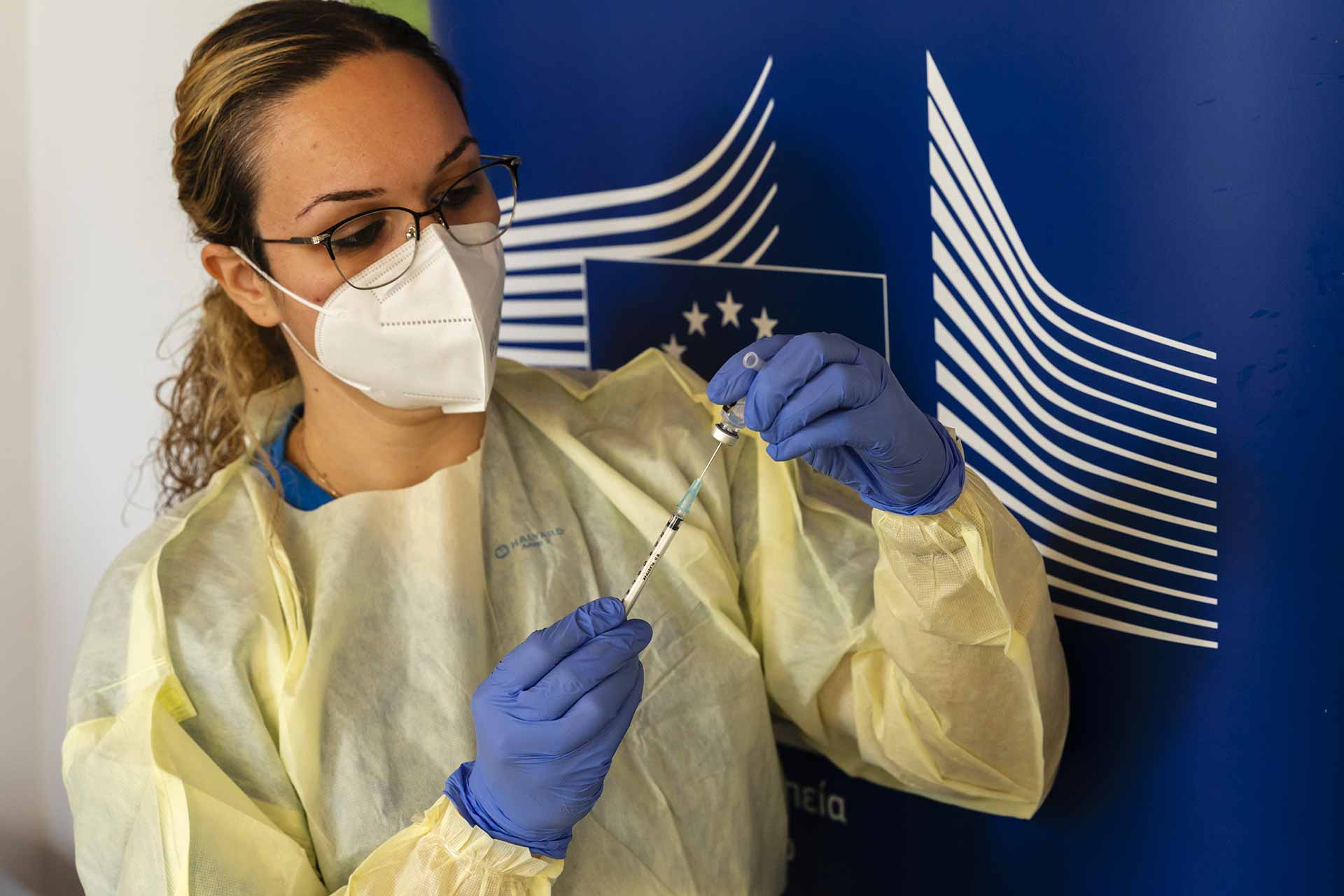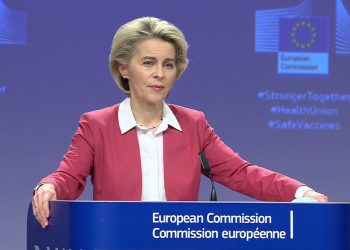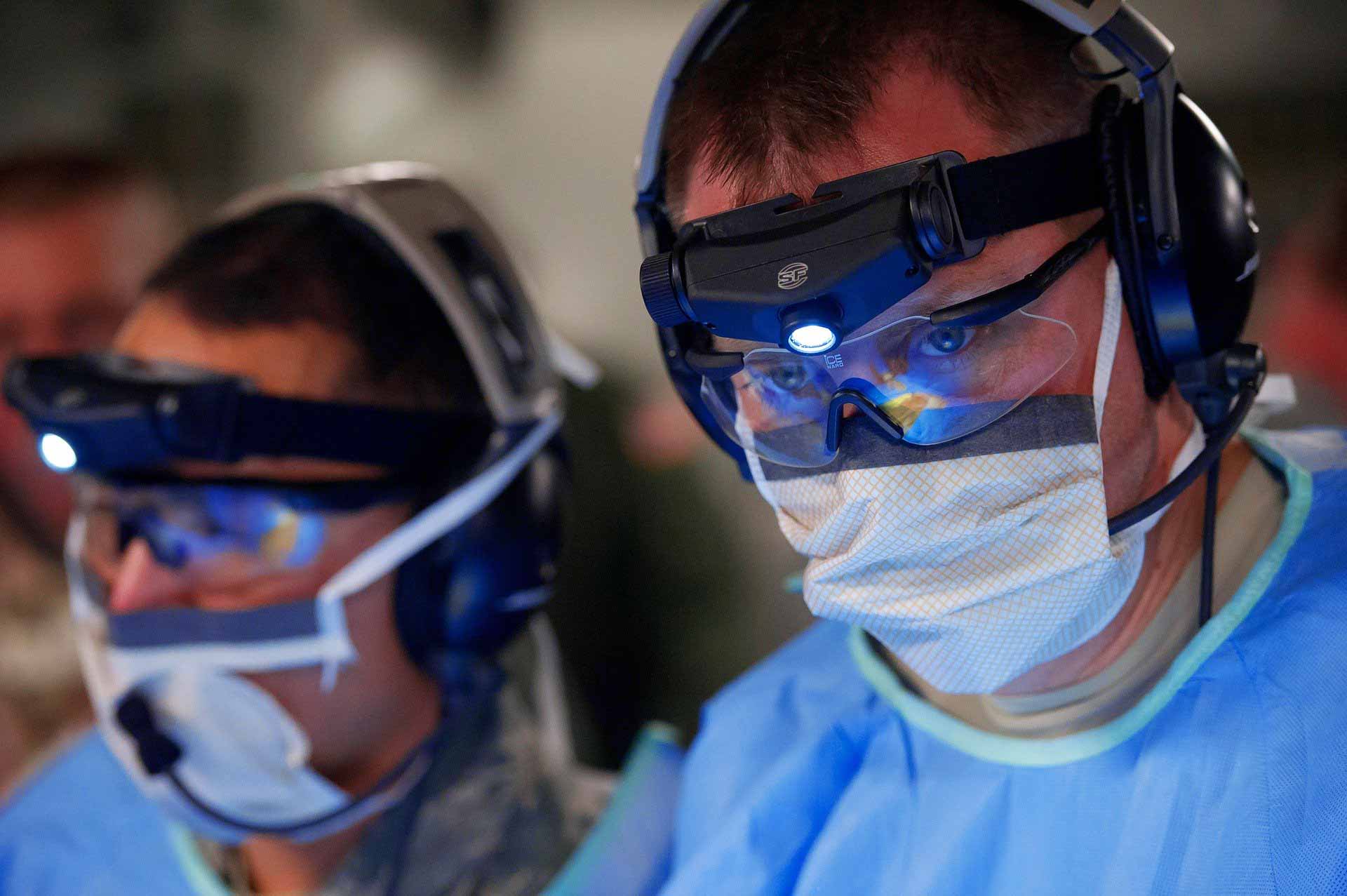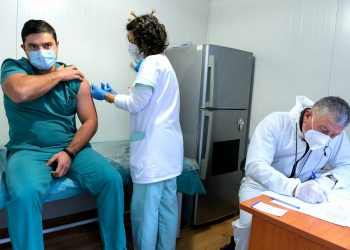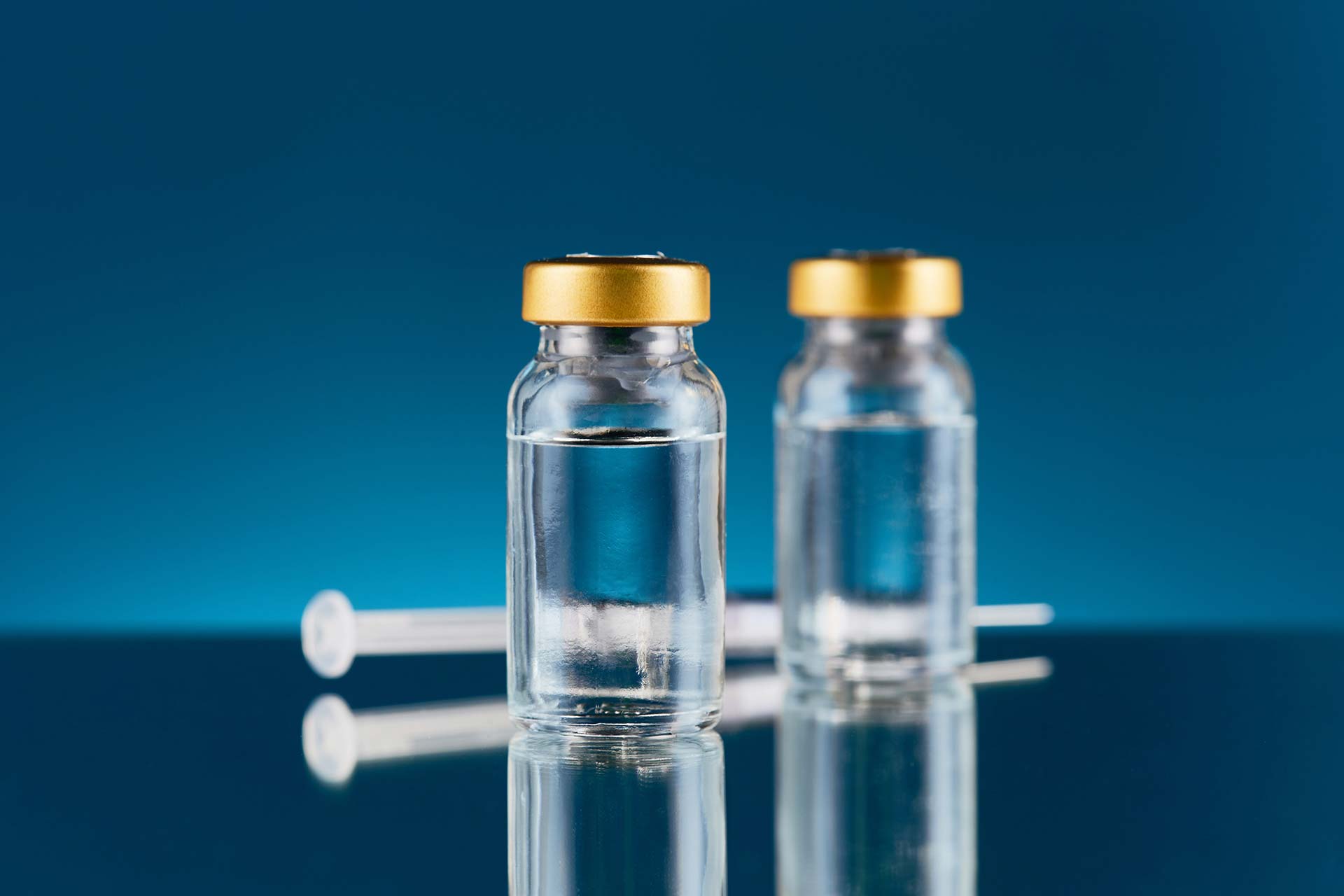Lack of transparency has recently fuelled uncertainty and disinformation regarding COVID-19 vaccination in Europe, say MEPs. Sandra Gallina, the EU’s lead negotiator on COVID-19 vaccine contracts gave details in Parliament on the latest developments regarding contracts, transparency, authorisations, availability and deployment of COVID-19 vaccines.
It’s legally binding – No parallel contracts
Von der Leyen had insisted last week that unilateral efforts would not be in line with the EU’s vaccine strategy designed to ensure that every member state is covered.
“It’s legally binding,” she had said. “We have all agreed, legally binding, that there will be no parallel negotiations, no parallel contracts … We’re all working together.”
MEPs call for more clarity and transparency
MEPs underlined the need for more clarity and transparency regarding vaccine contracts, as well as the decision-making process at EU level. They welcomed the European Commission’s openness to share available information whilst also acknowledging that some questions can be better answered by member states and pharmaceutical companies.
Many questions concerned possible additional national or bilateral contracts. The Commission confirmed that it is not aware of any such alleged contracts. Through the Joint Procurement Agreement, the EU has priority to deliver vaccines. This will then be distributed to member states on a pro-rata basis.
Can Transparency Increase Confidence and Reduce Hesitancy?
The spokesman said: “The president has asked [health] commissioner [Stella] Kyriakides to send a letter to all health ministers asking them to provide us with all the necessary transparency in the way in which they are complying with the provisions of our vaccine strategy in terms of contacts, or lack of contacts rather, with with those pharmaceutical companies that we have been or are negotiating with. So this letter is currently being drafted, and will be sent as soon as it is ready.”
Following requests from MEPs, the Commission provided information regarding a number of other specific issues:
- A reading room is open for MEPs wishing to review vaccine contracts. Oe contract is currently available (CureVac), with others pending the agreement of pharmaceutical companies;
- The European Medicines Agency received the application for the AstraZeneca vaccine. The conditional market authorisation will take place by the end of January;
- The largest quantities of vaccines will be available during the second quarter of 2021, as already agreed in the existing contracts. Specific strategies for deployment, including priority groups for vaccination, are set up by each member state;
- As of next week, a dedicated platform will be available where member states can report, twice a week, the number of vaccines received and used.
EU chief warns members cannot negotiate separate vaccine deals
The commission has signed off on six vaccine contracts for up to 2bn doses with Pfizer/BioNTech, Moderna, AstraZeneca, Sanofi/GSK, Janssen Pharmaceutica and CureVac – but only the first two have been approved for use in the bloc, leaving a significant shortfall.
In June 2020, the Commission proposed an EU vaccines strategy for COVID-19 in which it listed key steps for effective vaccination strategies and vaccine deployment. Any vaccine must have authorisation by the European Medicines Agency (EMA) in accordance with safety and efficacy standards.
How to secure access to COVID-19 vaccines for EU citizens
On 22 September 2020, Parliament held a public hearing on “How to secure access to COVID-19 vaccines for EU citizens: clinical trials, production and distribution challenges”.
At the Plenary session in December 2020, Parliament expressed support for the speedy authorisation of safe vaccines. The Commission has since given conditional marketing authorisation for two COVID-19 vaccines. One developed by BioNTech and Pfizer and one by Moderna Biotech Spain, S.L.. The European Medicines Agency (EMA) concluded its assessments of these vaccines.

